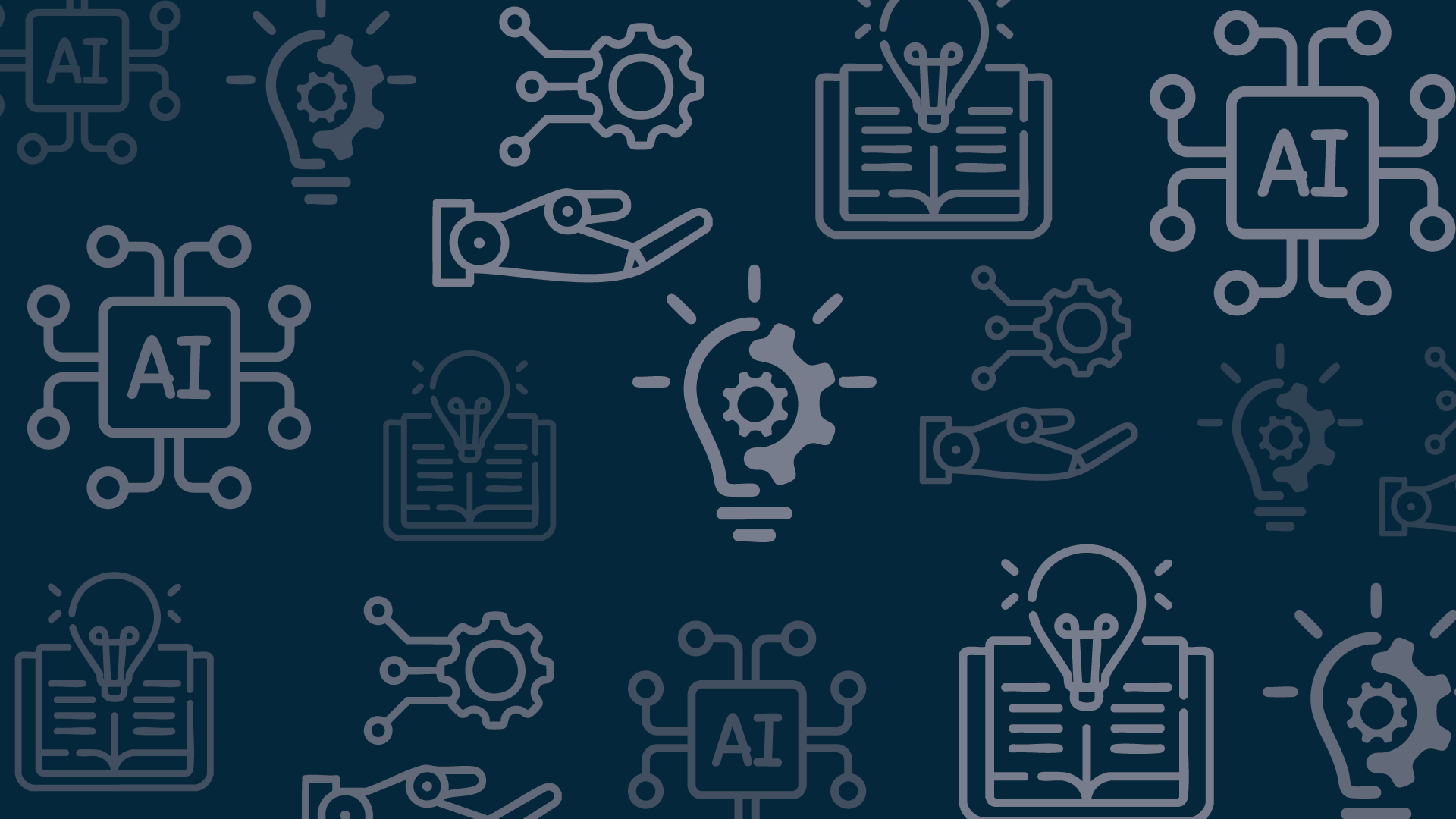In 2024, artificial intelligence (AI) became a defining force in finance and accounting, reshaping hiring practices and workforce priorities. As AI took over repetitive tasks like data entry and transaction processing, organisations began prioritising candidates with skills in advanced analytics, AI-driven tools, and strategic decision-making. The shift reflected a growing demand for professionals who could not only adapt to but also leverage AI to drive efficiency and deliver deeper insights.
This transformation wasn’t without its challenges. Talent shortages, driven by experienced professionals leaving the field and a decline in new entrants, highlighted the urgency for innovation in workforce strategies. AI emerged as a solution, bridging gaps by automating routine tasks and freeing up existing talent for higher-value work. These changes underscored the evolving role of finance professionals, emphasising the importance of continuous learning and adaptability in an AI-powered era. Key impacts include:
Shift in Skill Requirements
AI's automation of routine tasks led employers to prioritise candidates with advanced analytical abilities, proficiency in AI-driven tools, and strategic decision-making skills. This shift emphasised the need for professionals to leverage AI to enhance efficiency and provide deeper financial insights.
Talent Shortages and AI Adoption
The profession faced a talent shortage, exacerbated by experienced accountants transitioning to other fields and a decline in new entrants. AI emerged as a solution to mitigate this gap by automating tasks and allowing existing professionals to focus on higher-value activities.
Increased Demand for AI Proficiency
The growing adoption of AI technologies created a demand for finance professionals skilled in AI applications. Organisations increased their hiring efforts specifically due to AI adoption, indicating a trend towards seeking talent capable of integrating AI into financial processes.
Evolution of Accounting Roles
AI's capabilities prompted a reevaluation of traditional accounting roles. While AI automated data entry and transaction processing, it also highlighted the importance of human oversight in areas requiring judgment and ethical considerations. This evolution led to new roles focused on managing and interpreting AI outputs.
Emphasis on Continuous Learning
The rapid integration of AI underscored the necessity for continuous professional development. Finance and accounting professionals were encouraged to upskill in AI and related technologies to remain competitive in the evolving job market.
Summary
AI's impact on finance and accounting hiring in 2024 was multifaceted, driving changes in skill requirements, addressing talent shortages, and reshaping traditional roles. Professionals equipped with AI proficiency and adaptability were particularly sought after, reflecting the industry's shift towards embracing technological advancements.
Looking for more market insights? Get in touch today


